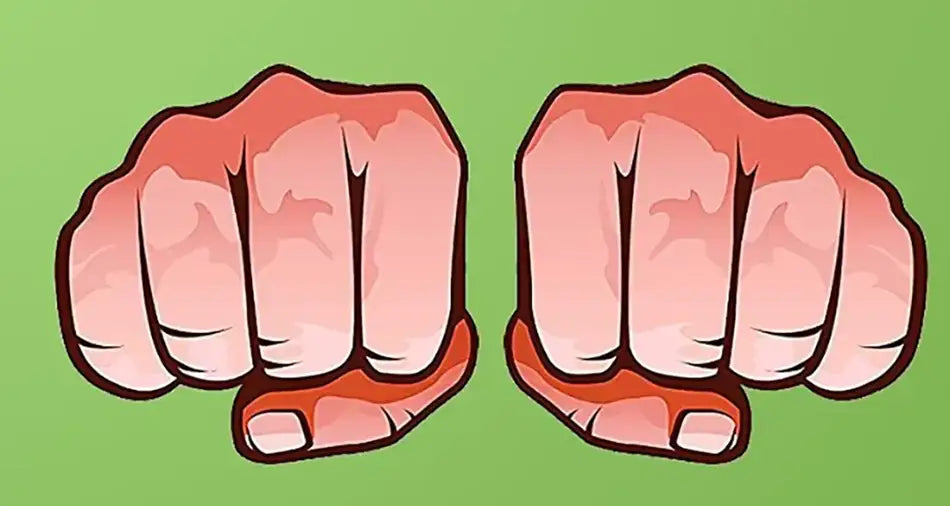How do you choose a first player? A few common methods are: Rock-Paper-Scissors (one-two-shoot); flip a coin (heads, I win - tails, you lose); high roller with dice used in the game (or high spin if it’s a spinner); the person who chose the game, or owns the game, or knows how to play (if others don’t); if it’s a special occasion, the first player is the one who the party is for.
Many games offer ways to choose blindly from a playing piece hidden in a player’s fist (for two-player games) or drawn from a hat or a cup (if there are more players).
One of my favorites is a little iOS app called “First Player” (pretty clever, huh?). I have a version on my iPad mini. All players touch the screen, and the app randomly picks a finger.

In recent decades, games often specify how to pick a first player. In Citadels (Fantasy Flight Games), the rules specifically state that the oldest player goes first. (Good for me!) Some other games state the opposite.
Often a game will specify the first player by a mini-challenge, such as “the player who most recently visited a foreign country” or “whose birthday is nearest today’s date” or “who owns the most shoes.”
Other games that are often played in a series may specify that the loser of the previous game will go first in the next.
Sometimes the first player in a round or phase of a game may have a distinct advantage, so the rules might specify some conditions placed on the way the privilege is assigned. The first player, and sequence of the other players as well, might be based on player scores or some other achievement during a previous round.
And sometimes, the first player privilege can be claimed, bought, or won in an auction round. The question being “how much is that first player advantage worth to you?” There are times you might want to go last in a round. Do you really want to go first?
When learning a new game, I like being later in the turn sequence so I can watch how the turns go, and how decisions are made by the others before me.
So who goes first? The chicken or the egg?

